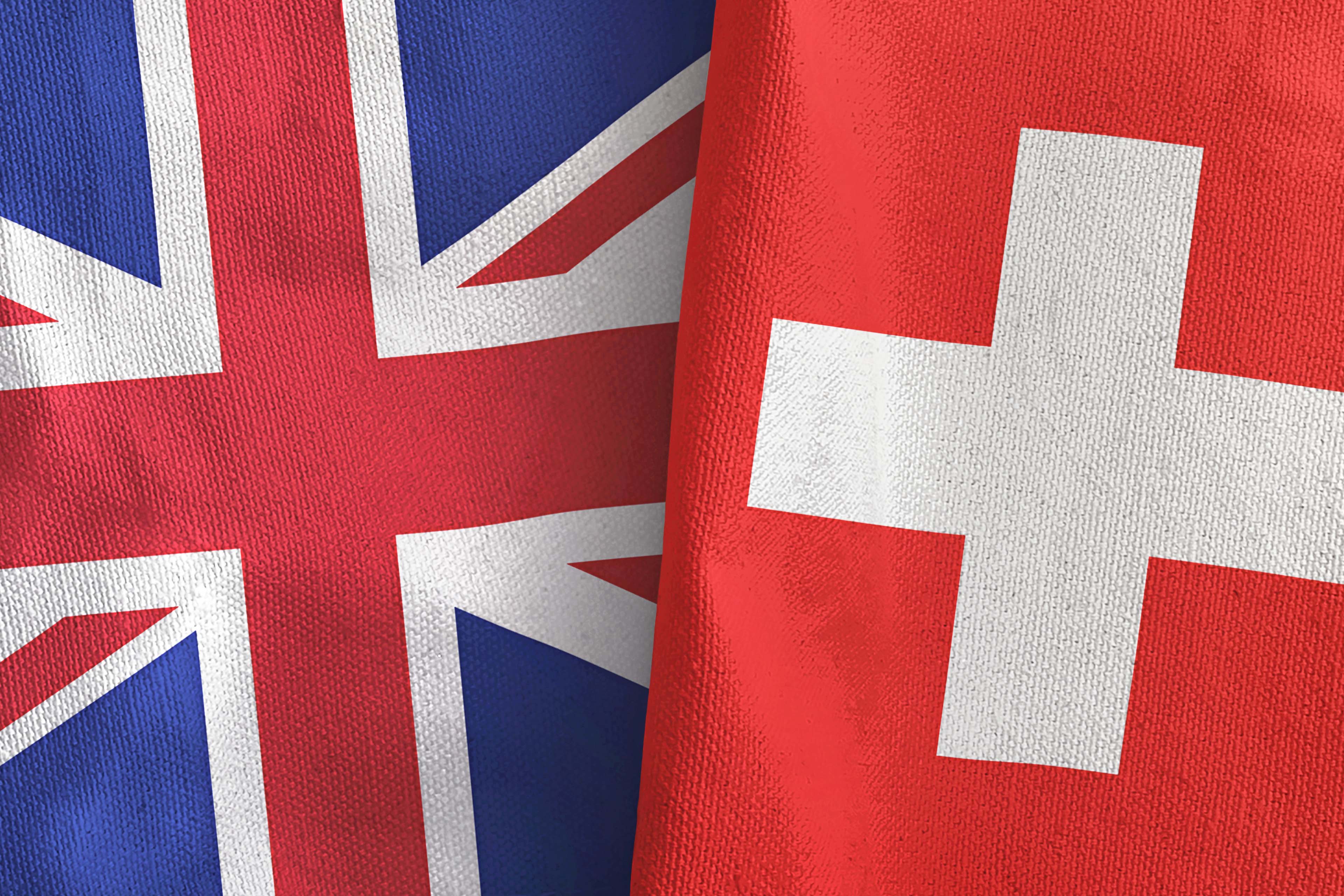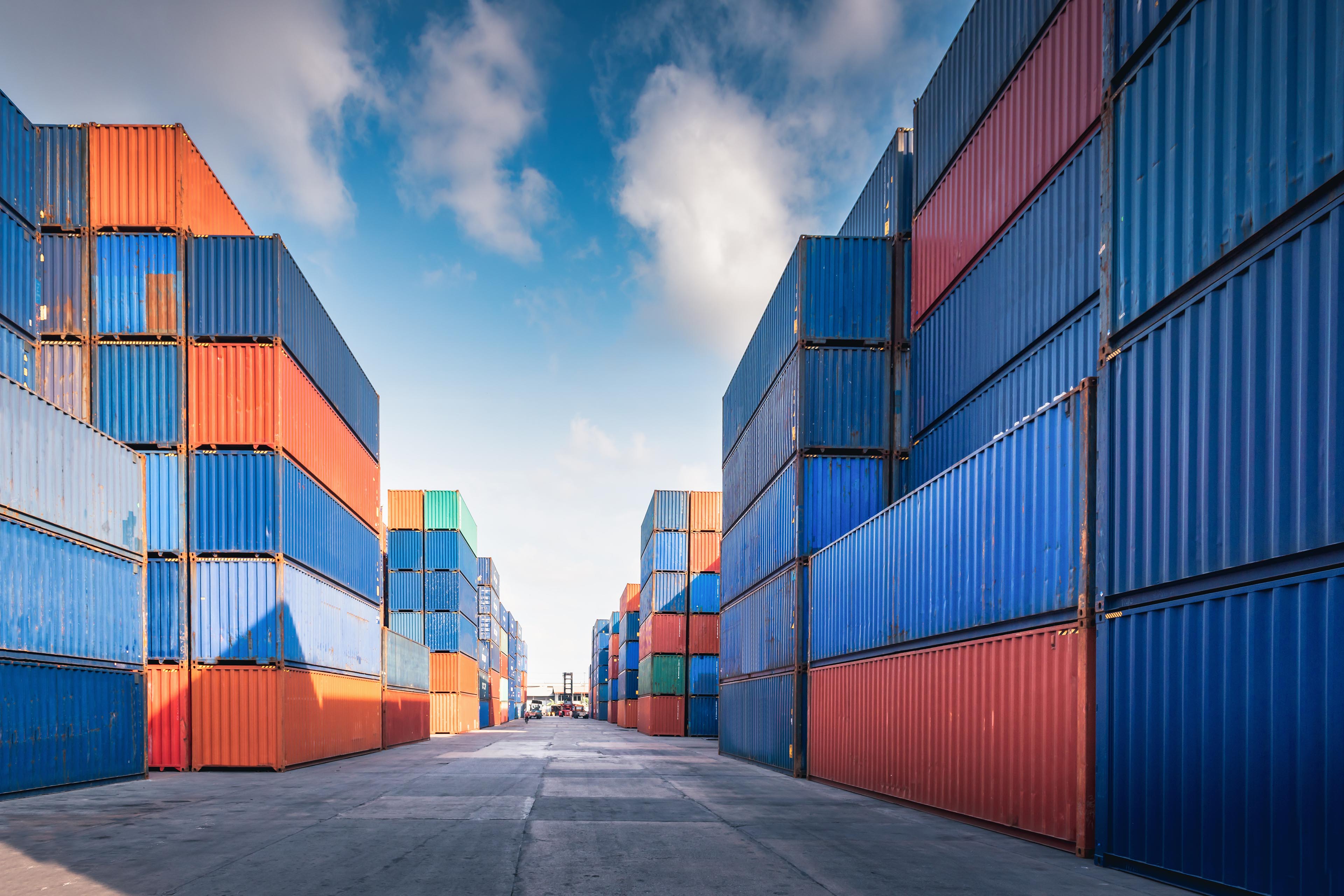EY refers to the global organization, and may refer to one or more, of the member firms of Ernst & Young Limited, each of which is a separate legal entity. Ernst & Young Limited is a Swiss company with registered seats in Switzerland providing services to clients in Switzerland.
US Corporations Outpace Europe in Revenue and Profit – 20 Swiss Companies Among the Global Top 1000
- Analysis of the 1000 largest companies in the world: Companies from the US and Asia achieved revenue growth in 2024 – Europe's top companies shrank.
- Asian companies recorded the strongest profit growth, while European firms experienced a decline in profits.
- No European companies are among the ten most profitable companies in the world – seven are from the US.
- 20 Swiss companies are among the top 1000 – Glencore ranks 20th, Nestlé 59th, followed by Roche (117), Novartis (177), and ABB (303).
Zurich, 26 May 2025 – The study "Top 1000 Worldwide" by the auditing and consulting firm EY in Switzerland shows*: Companies from the US and Asia are leading globally in terms of revenue and profit growth: While the largest North American companies increased their revenue by 4.5% last year, and Asia's major companies achieved a growth of 3.2%, Europe's top companies collectively experienced a revenue decline of 1.1%. In terms of profit development, Europe's top corporations are also losing ground: They had to accept a decline in operating profit of 6.5% in 2024 – while US and Asian companies saw increases of 8.2% and 19.5%, respectively.
Of the top 10 largest companies in the world by revenue, six are based in the US. The top three are Walmart (€629 billion), Amazon (€590 billion), and Saudi Aramco (€444 billion). The global top 10 largest companies by revenue is completed by China Petroleum & Chemical Corporation (€395 billion), PetroChina Company (€377 billion), UnitedHealth Group (€370 billion), Apple (€361 billion), CVS Health (€345 billion), Volkswagen (€325 billion), and Alphabet (€323 billion).
Switzerland in Global Comparison and the Largest Companies
Among the top 1000 worldwide by revenue, there are 20 Swiss companies, placing Switzerland 11th among all examined countries. This puts Switzerland ahead of Brazil (15 companies), Australia (14), Sweden (12), and Italy (11). Olivier Mange, Managing Partner Assurance Services Switzerland at EY in Switzerland, states: "Switzerland is an attractive location for globally operating large corporations. The stable economic and political environment makes Switzerland particularly appealing for companies in times of geopolitical uncertainty. Additionally, Switzerland has a well-educated and highly qualified workforce, leading to high innovation potential, with innovation beacons like ETH and EPFL." Mange also points to Switzerland's geographical location in the heart of Europe, which facilitates access to other European markets, and the attractive tax framework in Switzerland, which plays a significant role in this context. "Equally important is the traditionally strong and stable financial industry in Switzerland. It supports companies in capital procurement and financial resource management. Over the years, industrial clusters with international outreach and attractiveness have formed in Switzerland, such as pharmaceuticals around Basel, commodity traders in Geneva and Zug, and of course, the banks in Zurich."
The ranking is led by the US, where 317 companies are based. The top ten is completed by China/Hong Kong (137 companies), Japan (110), Germany (43), South Korea (42), France (39), the UK (39), and India (26), Canada (24), and Taiwan (21).
The following 20 Swiss companies are among the global top 1000: Glencore ranks as the largest company at 20th with a revenue of €213.4 billion in 2024. The top 10 Swiss companies are completed by Nestlé (rank 59; revenue €95.9 billion), Roche (rank 117; revenue €65.5 billion), Novartis (rank 177; revenue €47.8 billion), ABB (rank 303; revenue €30.4 billion), Holcim (rank 325; revenue €27.7 billion), Kühne + Nagel (rank 353; revenue €26.0 billion), Adecco (rank 407; revenue €23.1 billion), Richemont (rank 470; revenue €20.6 billion), and Aptiv (rank 527; revenue €18.2 billion).
Also included in the global top 1000 are the following ten Swiss corporations: DSM-Firmenich (rank 753; revenue €12.8 billion), Amcor (rank 767; revenue €12.6 billion), Sika (rank 778; revenue €12.4 billion), Schindler (rank 810; revenue €11.8 billion), DKSH (rank 820; revenue €11.7 billion), Swisscom (rank 824; revenue €11.6 billion), Barry Callebaut (rank 870; revenue €10.9 billion), Coca-Cola HBC (rank 883; revenue €10.8 billion), Sandoz (rank 982; revenue €9.6 billion), and ALSO (rank 989; revenue €9.5 billion).
These 20 Swiss companies generated a total revenue of €682 billion in 2024, representing an increase of 3.3% compared to the previous year. Of these Swiss companies, 60% increased their revenue, while 40% saw a decline. A comparison with other countries shows that only the recorded companies in Taiwan (+16.0%), South Korea (+5.2%), and the US (+4.6%) achieved a higher increase in revenue. Olivier Mange states: "Although only one of these 20 recorded companies is directly involved in the currently booming sectors of technology and artificial intelligence, Swiss companies perform excellently in the global comparison, which is highly commendable. This reflects an above-average quality and resilience of Swiss companies, which have been able to assert themselves in the international market for years thanks to their innovative strength and continuous efficiency improvements."
Saudi Aramco and Apple Generate the Highest Profits
Seven of the ten companies with the highest operating profit are based in the US. However, with an equivalent of $191 billion, the Saudi oil company Saudi Aramco was the highest-earning company in the world – ahead of Apple (€114 billion), Google's parent company Alphabet (€104 billion), Microsoft (€101 billion), Nvidia (€75 billion), and Meta (€64 billion).
The most profitable European company last year was the oil company Shell, ranking 13th in the global profit ranking. The highest-ranked Swiss companies in the global list by operating profit were Nestlé at rank 40 (€15.5 billion), Roche at rank 47 (€14.1 billion), and Novartis at rank 51 (€13.4 billion), all making it into the top 100 in the world.
*For the EY study "Top 1000 Worldwide," the financial statements of the 1000 largest publicly listed companies in the world (excluding banks and insurance companies) are analyzed.
EY Top 1000 Worldwide 2025
About the global EY organization
The global EY organization is a leader in assurance, tax, transaction and advisory services. We leverage our experience, knowledge and services to help build trust and confidence in the capital markets and in economies all over the world. We are ideally equipped for this task — with well trained employees, strong teams, excellent services and outstanding client relations. Our global purpose is to drive progress and make a difference by building a better working world — for our people, for our clients and for our communities.
The global EY organization refers to all member firms of Ernst & Young Global Limited (EYG). Each EYG member firm is a separate legal entity and has no liability for another such entity’s acts or omissions. Ernst & Young Global Limited, a UK company limited by guarantee, does not provide services to clients. Information about how EY collects and uses personal data and a description of the rights individuals have under data protection legislation are available via ey.com/privacy. For more information about our organization, please visit ey.com.
EY’s organization is represented in Switzerland by Ernst & Young Ltd, Basel, with 10 offices across Switzerland, and in Liechtenstein by Ernst & Young AG, Vaduz. In this publication, “EY” and “we” refer to Ernst & Young Ltd, Basel, a member firm of Ernst & Young Global Limited.



